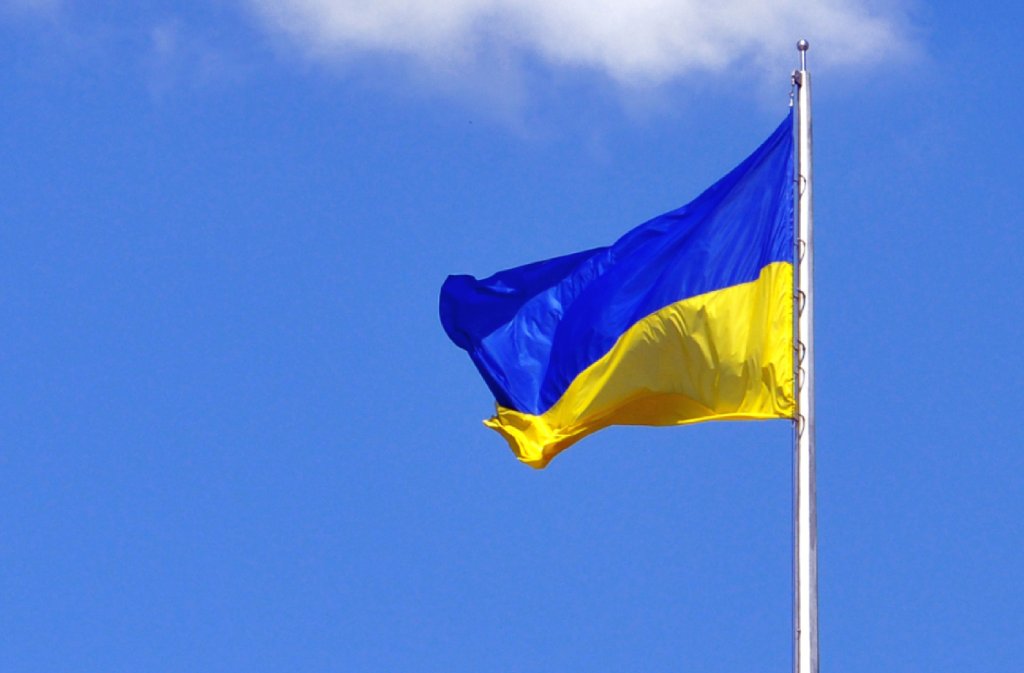
In the latest series of our CEO’s learning from Homes for Ukraine, Kate highlights the increasing need for more sponsors to open their homes to refugees.
As the war in Ukraine continues, the need for sponsors to open their homes to refugees is pressing. Every week, hundreds of Ukrainians are applying to our scheme in the hope of finding a UK sponsor unfortunately, the pool of people ready to host is diminishing. Fewer people are coming forward and some people have put their offer to host on hold during the summer holidays. There is also an increased need for sponsors to step in when an original sponsor placement cannot continue also known as ‘rematching’.
Rematching is the term used when a new sponsor is required for Ukrainians who have arrived in the UK. The Department for Levelling Up, Housing and Communities – which runs the Homes for Ukraine scheme – have authorised local authorities to determine when a rematch is required in England. The situation is different in Wales and Scotland.
We know that many organisations and groups are seeking new sponsors to meet the need of Ukrainians seeking sanctuary in the UK. We will be launching a recruitment drive in September which we hope will encourage people to put themselves forward, we will also be getting in touch with people who have registered but have yet to host to encourage them to take the next steps. Before we launch the campaign, we’ve been thinking about what we’ve learnt so that we can give potential sponsors the best possible experience. And as a collaborative organisation, we wanted to share what we’ve learnt from our service and what it takes to make matches which last.
Potential sponsors put themselves forward to host from a place of compassion. It is our job to remind them that this is a long-term programme and they need to provide six months of support to someone / people they have never met. We believe it’s really important to create the space for people to decide whether this is something they really can do, which is why we introduced a compulsory webinar. This webinar outlines what sponsorship under this programme means and what is expected from potential sponsors. From those who attend our webinars, 35% choose not to continue to matching with us. We don’t believe this is a bad thing; deciding this prior to sponsoring is much better than after you’ve committed to sponsor someone. Giving potential sponsors space, full information and being realistic but supportive about the challenges ahead is essential.
Sponsors have a clear idea of who they would like to sponsor. During the webinar and when people write their profile for the matching service, we ask sponsors to be really clear about who they won’t sponsor. A large proportion of those registered with us wish to host a mother with a baby or young child, while we have some Ukrainians who meet those criteria, we find it much harder to find sponsors for adults with teenage children, or any family unit that includes an adult male.
We have had sponsors turn down matches as they do not believe that the Ukrainians proposed are vulnerable enough, and it’s really important to be clear that this programme is not the same as welcoming through traditional resettlement routes. We invest time in explaining to potential sponsors who needs their help, and that includes men. Asking sponsors what their red lines are on who they will sponsor will make matching easier.
As our scheme tries to empower refugees, we have been asking Ukrainians registered with us where they would prefer to live. The vast majority of people request a city location as there is a perception that they will only be able to find employment in cities. We are working on information to help Ukrainians understand the UK landscape and we ask sponsors to write about their area, transport links and employment opportunities to spread the message about the variety of locations in the UK. We know from the hundreds of requests we receive from Ukrainians in the UK that not knowing about the area you’re going to be living in leads to isolation. Be honest about locations of proposed sponsors, and give people a chance to research the area before agreeing to moving there.
The Homes for Ukraine scheme is new and constantly evolving so we can’t expect sponsors to have understood all the requirements, while we do provide lots of information and signposting, its important we manage expectations about our role. During our webinar we give an overview of the process including where we can and can’t help. We make it very clear that we cannot influence whether a local authority will sign off on housing, or if a sponsor will pass a DBS check or how long the visa process takes.
That said, many potential sponsors don’t understand the critical role local authorities play. For many people they will have only have engaged with ‘the council’ through libraries, recycling collection and paying council tax and have no idea of the breadth of their statutory duties. We spend time explaining this, and are aware that everyone uses different terminology, which can lead to misunderstandings. Through our work on Community Sponsorship, we know that sponsors find it challenging that they think of the people they support as families, or individuals, whereas local authorities talk about ‘cases’. Encourage sponsors to work in partnership with their local authority with patience as a considerable amount of responsibility has been placed on the local authority teams.
Potential sponsors are registered on multiple sites, so it’s important to communicate with them to understand their availability. Here at Reset, we haven’t done nearly enough of this, and it means that when we do approach sponsors with potential matches, they are no longer available as they have accepted rematches from their local council, have organised a match themselves or have changed their minds. We’re working hard to improve our communications with people and be more responsive to their queries but we know we can do better.
One of the hardest things we do is preparing everyone for the possibility of people changing their minds. We have carried out a match, sponsors and refugees have met, agreed their sponsorship and applied for a visa, only for the refugees to change their minds about coming to the UK. Whilst it’s a huge disappointment to the sponsor, we have to respect what people fleeing their homes are facing and choosing to do. Our role is to keep that disappointed sponsor motivated to continue their journey or support refugees in different ways. Value your sponsors and communicate with them regularly.
